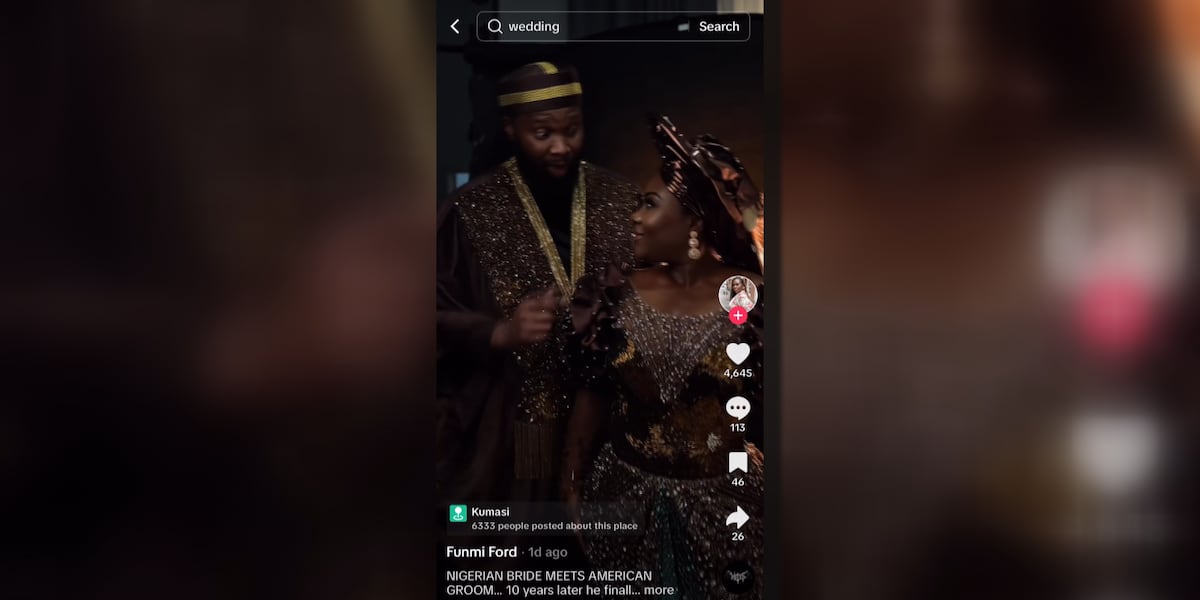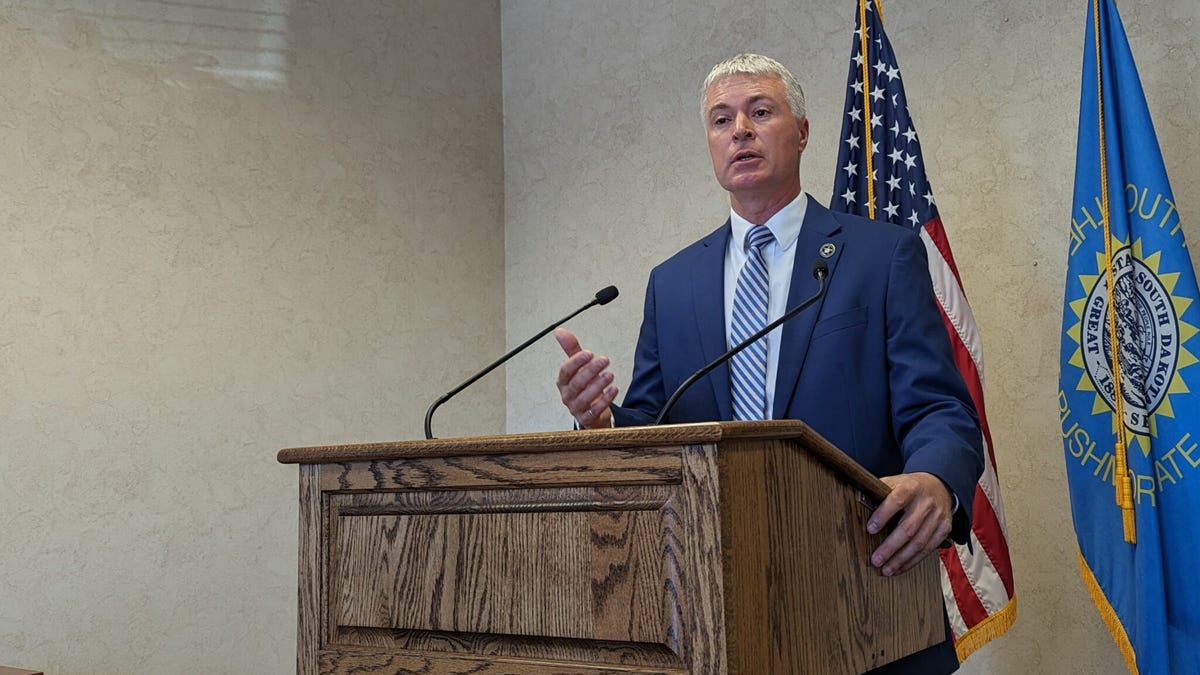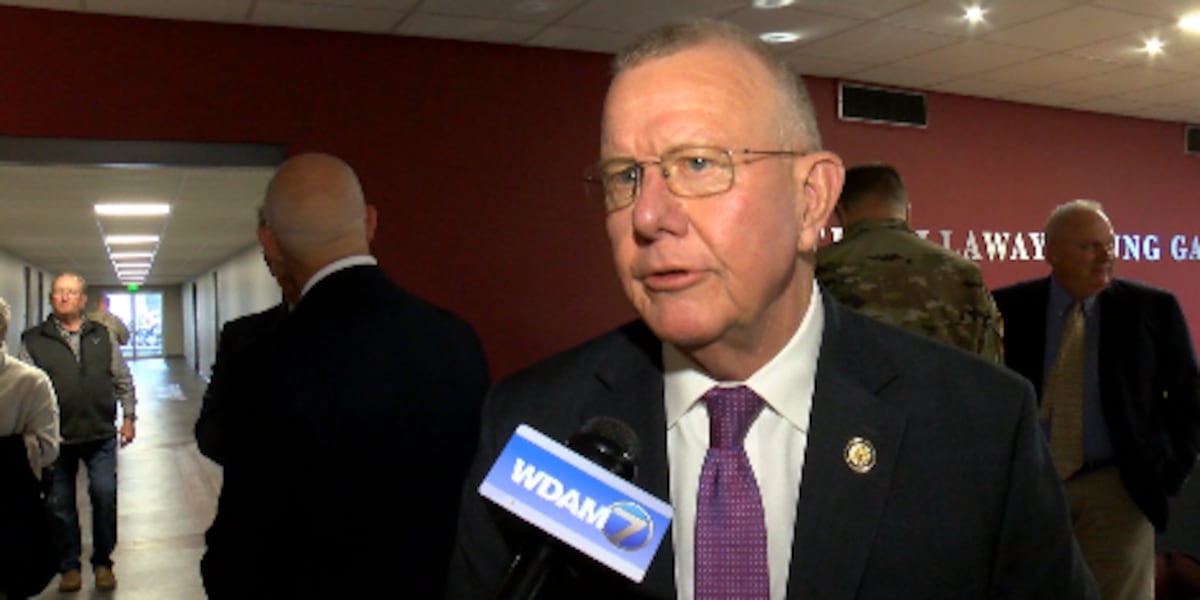NEW ORLEANS (AP) — It’s a cliché that Kymyona Burk heard a little too often: “Thank God for Mississippi.”
As the state’s literacy director, she knew politicians in other states would say it when their reading test scores were down — because at least they weren’t ranked as low as Mississippi. Or Louisiana. Or Alabama.
Lately, the way people talk about those states has started to change. Instead of looking down on the Gulf South, they’re seeing it as a model.
Mississippi went from being ranked the second-worst state in 2013 for fourth-grade reading to 21st in 2022. Louisiana and Alabama, meanwhile, were among only three states to see modest gains in fourth-grade reading during the pandemic, which saw massive learning setbacks in most other states.
The turnaround in these three states has grabbed the attention of educators nationally, showing rapid progress is possible anywhere, even in areas that have struggled for decades with poverty and dismal literacy rates. The states have passed laws adopting similar reforms that emphasize phonics and early screenings for struggling kids.
“In this region, we have decided to go big,” said Burk, now a senior policy fellow at ExcelinEd, a national advocacy group.
These Deep South states were not the first to pass major literacy laws; in fact, much of Mississippi’s legislation was based on a 2002 law in Florida that saw the Sunshine State achieve some of the country’s highest reading scores. The states also still have far to go to make sure every child can read.
But the country has taken notice of what some have called the Mississippi miracle. Tennessee, North Carolina, Georgia, Kentucky and Virginia are among the states that have recently adopted some of the same policies. As Mississippi climbed the rankings, the Barksdale Institute, an influential organization in literacy policy in the state, got phone calls from about two dozen states.
The institute’s CEO, Kelly Butler, said she tells them there’s no secret to the strategy.
“We know how to teach reading,” she said. “We just have to do it everywhere.”
All three states have trained thousands of teachers in the so-called science of reading, which refers to the most proven, research-backed methods of teaching reading. They’ve dispatched literacy coaches to help teachers implement that training, especially in low-performing schools.
They also aim to catch problems early. That means screening for signs of reading deficiencies or dyslexia as early as kindergarten, informing parents if a problem is found and giving those kids extra support.
The states have consequences in place if schools don’t teach kids how to read, but also offer help to keep kids on track.
Mississippi, for one, holds students back in third grade if they cannot pass a reading test but also gives them multiple chances to pass after intensive tutoring and summer literacy camps. Alabama will adopt a similar retention policy next school year. It also sent over 30,000 struggling readers to summer literacy camps last year. Half of those students tested at grade level by the end of the summer.
At schools like Schaumburg Elementary, part of the ReNEW charter network in New Orleans, the new training has helped teachers zero in on what students need to read better. The share of kindergarteners reading at grade level at the charter network grew from 38% in December 2021 to 55% this spring; first-graders grew from 19% to 43%.
The state requires every K-3 teacher, elementary principal and assistant principal to take a 55-hour training course in the science of reading. It’s well worth the time, according to Assistant Principal Erika Brown, who said that in college she didn’t learn a thing about teaching kids to read.
“I was winging it,” she said of her early years in teaching.
During a recent session with four second-grade girls, Brown had the girls spell “crib,” asking, “What are the sounds you hear?”
Like a choir, they chanted back four individual sounds, counting them with their fingers: “c-rrr-i-buh.” This was one of the techniques Brown had learned in the training; counting four sounds, or phonemes, gave students a clue that the word had four letters. Increased screening also helped the school identify these girls as needing extra help.
“Are y’all ready for a challenge word?” Brown asked, and the girls shouted, “Yeah!” Their faces fell when Brown revealed the word: bedbug. They had no idea what the word even meant. But with Brown’s gentle guidance, the girls broke down the word into six phonemes. They were even ready for another challenge.
“Can we spell cock-a-roach?” one of the girls asked.
A second-grader in the school, Joshua Lastie, said he likes how his teacher helps him if he trips over a hard word, like “happened” or “suddenly.”
“The school is trying to make the words way easier for kids,” said Joshua, 7.
One challenge that comes with the emphasis on small-group intervention is the strain on scheduling and staffing. Literacy coaches from the state are helping the charter network strategize on how to reach all students. One resource the state can’t provide, says Lisa Giarratano, the dean of academic instruction at ReNEW, is time.
In a national climate where education debates are often polarizing, the three Gulf states passed their sweeping education reforms with bipartisan support, starting with Mississippi’s in 2013. Louisiana state Rep. Richard Nelson, a Republican who has championed literacy reform, said pointing to laws passed in other Deep South states made it easier for him to introduce legislation and “sell across party lines.”
“Every time I present a bill, I say, ‘Look, Mississippi has very similar challenges to what we have in Louisiana, and they’ve been able to make this work,’” Nelson said.
There is still far to go for children in the Gulf South, especially considering the disruptions to schooling from the pandemic and several major hurricanes and tornadoes. Mississippi, after stellar gains in the 2019 National Assessment of Education Progress, saw reading scores drop in 2022, although they are still at the national average. Around two out of five Louisiana third-graders, a particularly hard-hit age group, could not read at grade level at the end of last year. The same goes for over one-fifth of third-graders in Alabama.
Still, evidence suggests these states have made promising gains for low-income kids in particular. In 2019, Alabama ranked 49th in NAEP reading scores for low-income fourth-graders; in 2022, it ranked 27th. Amid the pandemic that saw most states lose ground, Louisiana soared from 42nd to 11th. Mississippi ranks second-highest in the country, after Florida.
Alabama’s state superintendent of education, Eric Mackey, says he has confidence in the reforms — in part because they’ve worked before. Alabama invested heavily in training on the science of reading, then known as phonics, in the early 2000s, and scores rose. Then the Great Recession hit, teachers and literacy coaches got laid off, and the state lost its gains.
Alabama has learned its lesson, Mackey said.
“We have to break that cycle of generational poverty. One of the best ways to do that is to make multiple generations of readers,” Mackey said. “This is something that we have to be in for the long haul.”
___
The Associated Press education team receives support from the Carnegie Corporation of New York. The AP is solely responsible for all content.















/cdn.vox-cdn.com/uploads/chorus_asset/file/25826491/PXL_20250106_223233485.jpg)


















/cdn.vox-cdn.com/uploads/chorus_asset/file/25822586/STK169_ZUCKERBERG_MAGA_STKS491_CVIRGINIA_A.jpg)